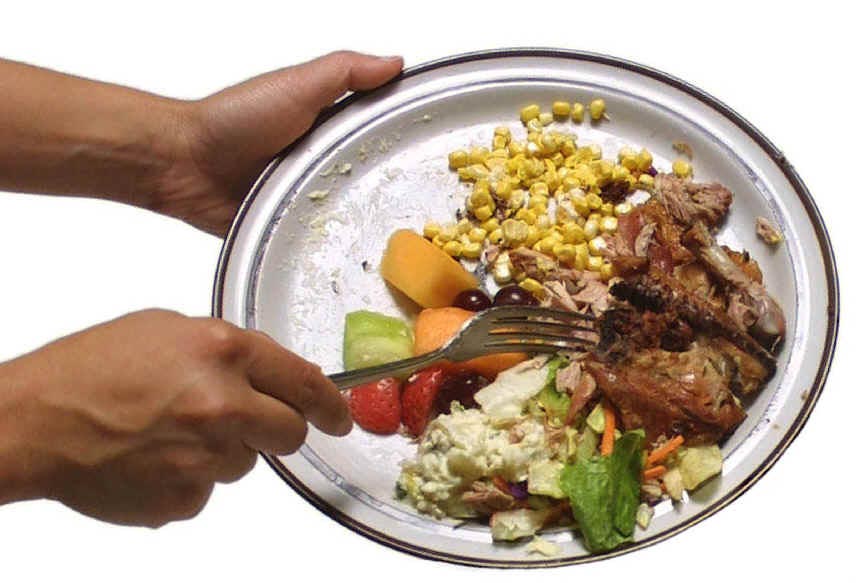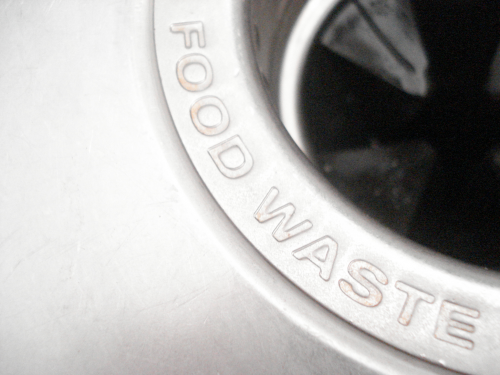 Reducing food waste to feed the hungry is picking up momentum in U.S. public schools, universities, and colleges. The Emerson Good Samaritan Food Donation Act is a law enacted which encourages donations of food and grocery products to non-profit organizations to distribute to people in need.
Reducing food waste to feed the hungry is picking up momentum in U.S. public schools, universities, and colleges. The Emerson Good Samaritan Food Donation Act is a law enacted which encourages donations of food and grocery products to non-profit organizations to distribute to people in need.
One of the effects of this law is that it also provides protection to public schools across North America; schools can now donate unused food to local food banks and shelters without the risk of criminal and/or civil liability.
Reducing food waste is a central concern for many
Last year, the Natural Resources Defense Council (NRDC) submitted a report expressing how 40 percent of the food in North America goes uneaten. A portion of the report reads as follows:
“…getting food from the farm to our fork eats up 10 percent of the total U.S. energy budget, uses 50 percent of U.S. land, and swallows 80 percent of all freshwater consumed in the United States.”
Every year, the U.S. throws out approximately 165 billion dollars worth of food. This turns out to be nearly 20 pounds of food (9 kilograms) per individual each month. Another way to look at it this unfortunate reality is that only close to 60 percent of the food is actually consumed.
Not only do Americans eat more than any other nation, they also waste more food, as well; in fact, they throw away 10 times as much food as the average Southeast Asian. The NRDC suggests that if food waste in the U.S. were to be reduced just 15 percent, there would be enough food to feed 25 million people.
Reducing food waste to feed the hungry
 Steps in reducing food waste are being slowly implemented in the United States. However, due to legislation, as well as the care and concern of school administrations, students, policy makers, businesses, organizations, and private citizens across the country progress is being made.
Steps in reducing food waste are being slowly implemented in the United States. However, due to legislation, as well as the care and concern of school administrations, students, policy makers, businesses, organizations, and private citizens across the country progress is being made.
For instance, In March 2012, the Dranesville Elementary School, in Herndon, Virginia started a donation program to give unopened cafeteria foods to local food banks and shelters. In the past, the school disposed of 27 pounds, (12.25 kilograms) of food each day.
Now, because of the benevolence offered by Dranesville Elementary School, many less fortunate people are getting the assistance they need.
In addition, several times a week, Princeton University students gather unused food from the campus and donate it to the local soup kitchen.
As more schools, universities, colleges, businesses, and private citizens in the U.S. grow to realize how much food is being wasted, and how great the need is to offer unconsumed food to those who need it, the amount of wasted food in the U.S. can greatly decline, our environments will be less impacted, and more people will get the nutrition they need to prosper and grow in their lives.
Reducing food waste by donating it to people in need can be a most beneficial humanitarian and environmental endeavor and triumph.
George, I am always horrified at the the wastage many don’t care about. My budget has always been too tight to even think about not putting left overs in the freezer of a “Free Meal” at the end of the month.
My daughter is great. She cleans out her frig with a little tab of of this and that and brings it over to my son I rather than throw it away. why can’t neighbors be doing the same for their older neighbors?
I understand, Malika.
It’s a great quality that you and your family share and are conscientious.
I believe neighbors don’t share with the elder (or anyone else) because either they don’t know, or they don’t care.
It’s inspiring to hear from people like you who take time to think of others.